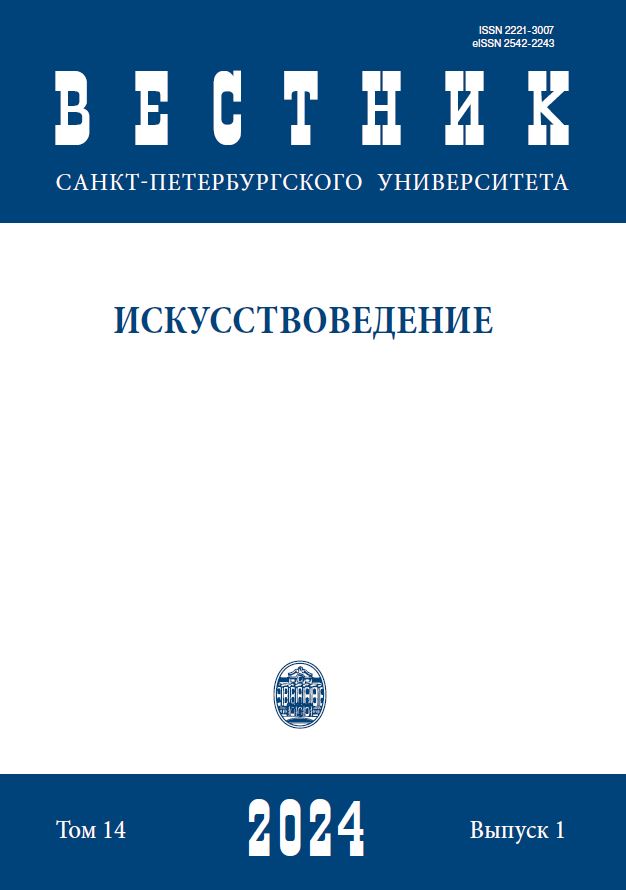“Das Floß der Medusa”: About Problem of Henze’s Political Engagement
DOI:
https://doi.org/10.21638/spbu15.2024.102Abstract
The article is devoted to one of the most famous works of H. W. Henze “Das Floß der Medusa” (“The Raft of Medusa”), often seen as an example of Henze’s political engagement. The author of the article concludes that the oratorio was recognized as a political composition in large part due to the accompanying circumstances of its creation and premiere, but not based on the original idea and its realisation. The author demonstrate “Das Floß der Medusa” like a example of the protest music as a direction that exposes not only fascism, but also any form of social inequality, violence against the person. The study of the features of choral style of “Das Floß der Medusa” reveals parallels in the textural structure between Henze’s oratorio and Nono’s works of the 1950s (“La victoire de Guernica”, “Il canto sospeso”, “Intolleranza 1960”). The use of political text resources, the operation of individual syllables and phonemes of a literary text, work with multilingual verbal rows, the active use of diagonal texture — all this brings together the choral works of two contemporaries. At the same time, Henze’s composition also reflected the searches in the field of vocal timbre, characteristic of other composers of Darmstadt Summer Course — the use of various modifications of speech singing (Sprechgesang), the latest techniques of vocal articulation (vocal tremolo, prolongation of the anterolingual vibrant). All this together allows us to talk about Henz’s oratorio as one of the most peculiar choral compositions of the late 1960s.
Keywords:
Hans Werner Henze, oratorio “Das Floß der Medusa”, choral music of post-war avant-garde, political engagement, word and music, choral texture, vocal timbres
Downloads
References
Downloads
Published
How to Cite
Issue
Section
License
Articles of "Vestnik of Saint Petersburg University. Arts" are open access distributed under the terms of the License Agreement with Saint Petersburg State University, which permits to the authors unrestricted distribution and self-archiving free of charge.







